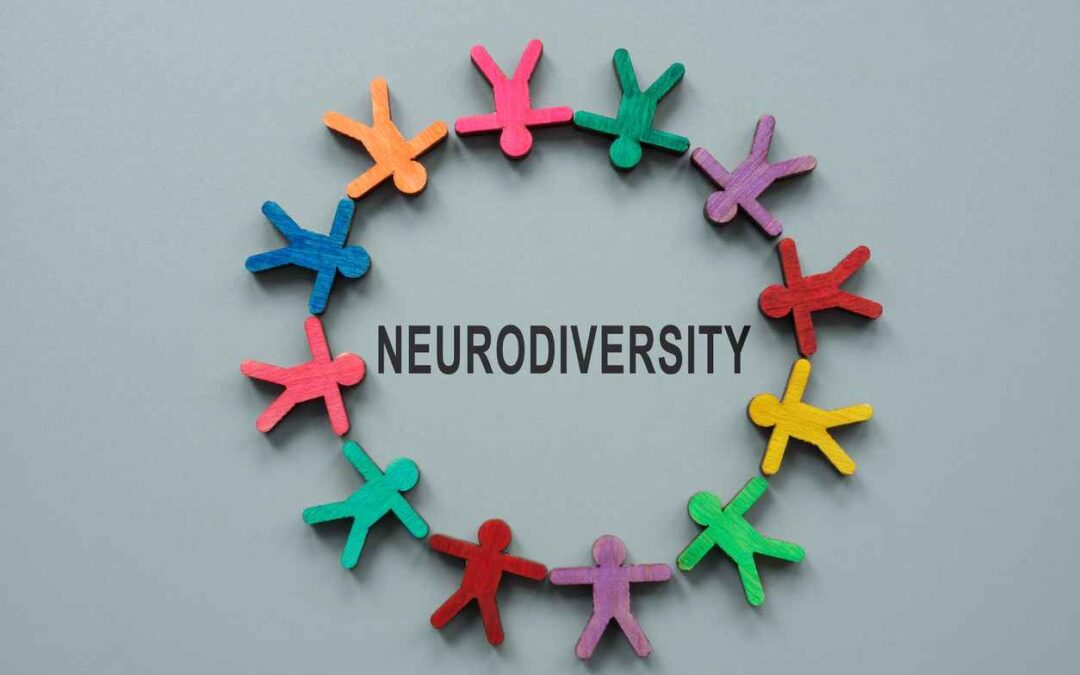In recent years, there has been a growing awareness of neurodiversity—a concept that celebrates the different ways brains work. Neurodiversity encompasses conditions like ADHD, autism spectrum disorder (ASD), dyslexia, and other cognitive differences. As awareness rises, more people are seeking answers to better understand themselves or their loved ones. One common question is, “How do I get tested for neurodiversity?”
Getting tested can help individuals better understand their strengths, challenges, and needs. Whether you’re seeking an official diagnosis or just want clarity, the process involves several steps. Here’s a guide to help you understand how to get tested for neurodiversity.
Steps to Get Tested for Neurodiversity
Recognizing the Signs
The first step to getting tested is recognizing the signs that you or your loved one may be neurodivergent. These signs can vary depending on the condition. For example, someone with autism may have difficulty with social interactions and sensory sensitivities, while someone with ADHD may struggle with focus and impulsivity. Researching common neurodivergent traits or consulting a professional can help you determine if testing is the right next step.
Consulting a Professional
Once you identify traits or behaviors that align with neurodivergent conditions, the next step is to consult with a healthcare professional. You can start with your general practitioner, who can provide an initial evaluation and refer you to a specialist. Specialists such as psychologists, psychiatrists, and neurologists are trained to conduct neurodiversity assessments and provide a formal diagnosis if necessary.
Comprehensive Evaluation
A thorough evaluation typically involves several components, including interviews, observations, and standardized tests. These assessments may take place over multiple sessions and may include:
- Cognitive Testing: These tests assess intellectual functioning and specific abilities such as memory, attention, and problem-solving skills.
- Behavioral Assessments: Professionals observe how individuals react in social situations, manage their emotions, and handle sensory input.
- Developmental History: For children, the evaluator may gather information about early developmental milestones, such as speech, motor skills, and social development. For adults, they may look at how certain traits have manifested throughout life.
- Standardized Questionnaires: Many professionals use structured questionnaires designed to measure specific traits associated with neurodivergent conditions.
Receiving the Results
After the evaluation, the professional will provide a comprehensive report detailing the findings. This report may include a formal diagnosis and recommendations for interventions, support, and accommodations. For some, receiving a diagnosis can bring a sense of relief and validation, helping them understand their unique needs and strengths. Others may choose to forgo formal diagnoses and simply focus on using the information to make life adjustments that better suit their neurodivergent traits.
Follow-Up Support
Once you’ve received the results of your neurodiversity testing, it’s important to seek follow-up support. This can include therapy, coaching, or other interventions designed to help neurodivergent individuals thrive. Schools, workplaces, and families can also use this information to create more supportive environments for learning and growth.
Neurodivergent Coaching Services in New York
Understanding and embracing neurodiversity is a crucial step in creating a world that celebrates all kinds of minds. If you or a loved one believes they may be neurodivergent, taking the first step toward testing can open doors to support, resources, and a better understanding of your unique strengths.
For all your neurodiversity needs, including testing, support, and coaching, contact Spectrum Strategies in New York today. We are here to help you navigate your journey toward self-discovery and success.

